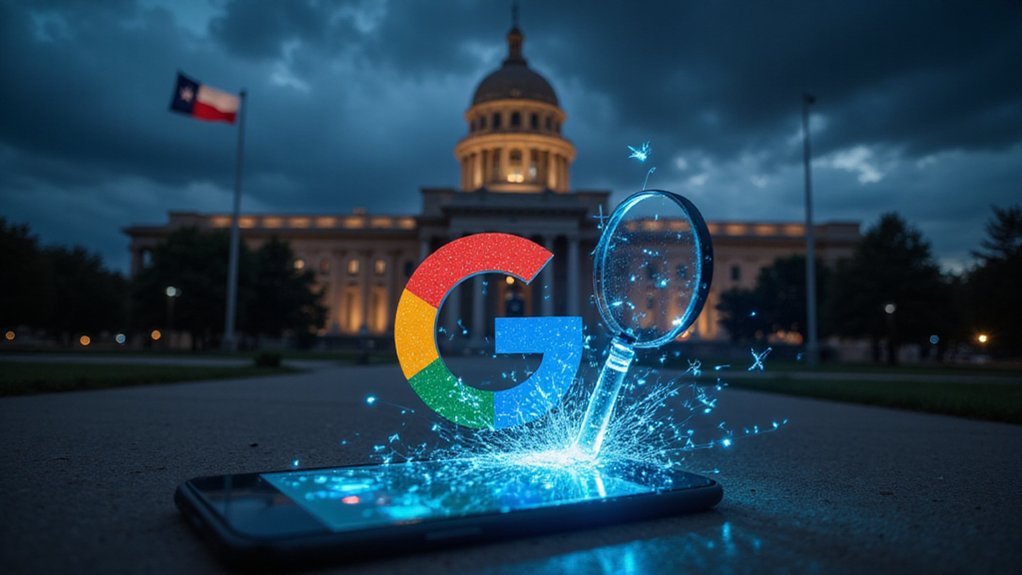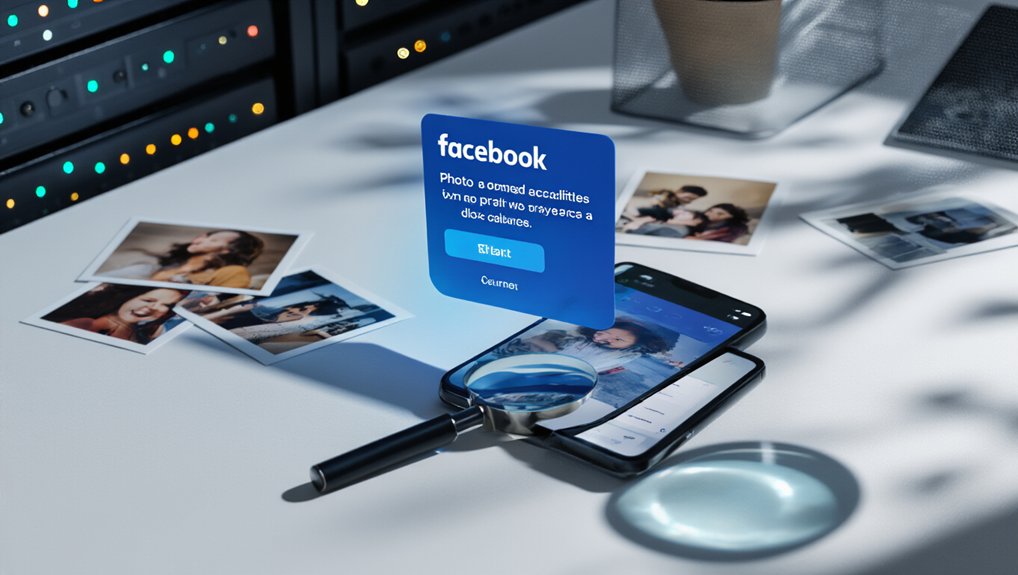The NHS has launched “Foresight,” an AI system powered by 57 million patient records across England. While doctors hope the technology will improve healthcare delivery, privacy experts aren’t convinced. They warn that de-identified data could still be traced back to individuals. With over half of Britons already distrusting how the NHS handles their information, this massive data collection raises serious questions about consent and security in the digital healthcare era.
While the NHS takes a bold step into the future with its new AI model, many Brits aren’t convinced their private medical information is safe. The NHS has used an unprecedented 57 million patient records to develop “Foresight,” the world’s first national-scale generative AI health model. This massive dataset covers nearly the entire population of England and includes sensitive medical information from people’s health records. Foresight is built on Meta’s Llama 2 large language model, scaling up from previous versions.
The government claims all records were de-identified before being used, but experts warn this might not be enough. Modern AI systems can sometimes piece together anonymous data to identify individuals. This concern comes amid growing cybersecurity threats, with healthcare providers being frequent targets of ransomware attacks. Health organizations must complete Data Protection Impact Assessments before implementing such AI systems to assess potential harms to individuals.
De-identified data isn’t bulletproof in the age of AI—where sophisticated systems can reconnect the dots amid rising cyber threats.
Recent surveys show that public trust in the NHS’s handling of AI is low. About 56% of UK citizens don’t trust the health service to use AI for analyzing patient data without compromising privacy. Even more concerning, a quarter of those surveyed are completely opposed to the NHS using their health information at all.
The NHS isn’t ignoring these worries. They’ve created a National Data Library aimed at ethically revealing the value of healthcare data while keeping it secure. The NHS Transformation Directorate has also issued guidance on lawful and safe data use for AI systems. This initiative is part of a broader trend, as approximately 80% of companies now incorporate AI into their operations across various sectors.
Despite the challenges, the potential benefits of AI in healthcare are enormous. These systems could change how doctors diagnose diseases, predict patient outcomes, and develop new treatments. The key is finding the right balance between innovation and protecting patient privacy.
The development of AI in the NHS represents what officials call a “new frontier” in both opportunity and risk. As testing continues, the public awaits more information about performance and safety measures. How well the NHS addresses privacy concerns may determine whether this AI transformation in healthcare succeeds or fails.
References
- https://getcoai.com/news/ai-training-on-57-million-nhs-records-sparks-privacy-concerns/
- https://transform.england.nhs.uk/information-governance/guidance/artificial-intelligence/
- https://futurecarecapital.org.uk/latest/increase-in-use-of-ai-in-healthcare-leads-to-data-security-concerns/
- https://www.infosecurity-magazine.com/news/uk-nhs-ai-privacy/
- https://www.openaccessgovernment.org/is-anonymisation-enough-to-share-nhs-patient-data-safely/189636/









